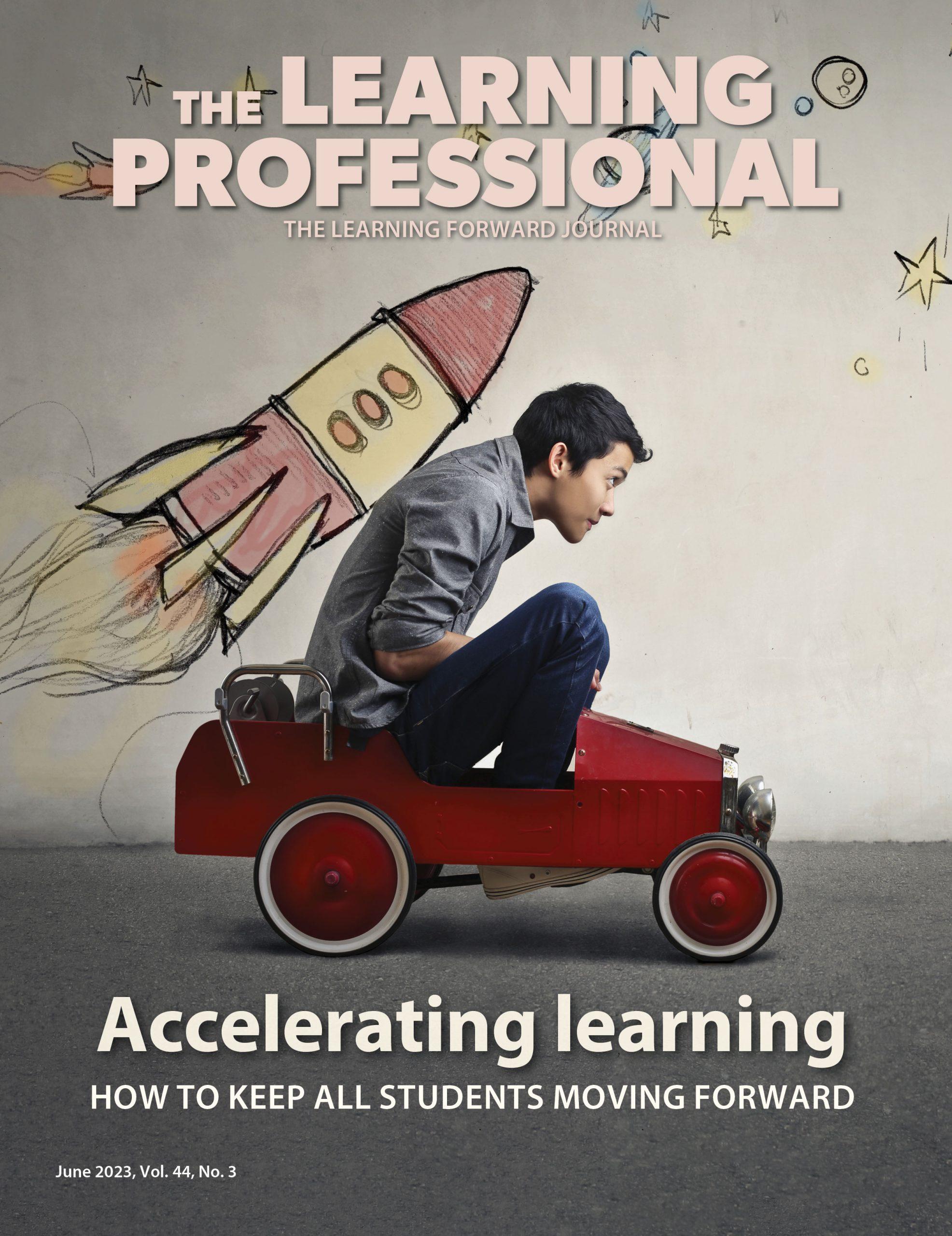An Argument Everyone Wins
Shared learning unites teachers across schools and grade levels
By Learning Forward
Categories: Learning communities, Learning designsApril 2015
Read the remaining content with membership access. Join or log in below to continue.
Sed ut perspiciatis unde omnis iste natus error sit voluptatem accusantium doloremque laudantium, totam rem aperiam, eaque ipsa quae ab illo inventore veritatis et quasi architecto beatae vitae dicta sunt explicabo. Nemo enim ipsam voluptatem quia voluptas sit aspernatur aut odit aut fugit, sed quia consequuntur magni dolores eos qui ratione voluptatem sequi nesciunt. Neque porro quisquam est, qui dolorem ipsum quia dolor sit amet, consectetur, adipisci velit, sed quia non numquam eius modi tempora incidunt ut labore et dolore magnam aliquam quaerat voluptatem.
Process for Looking at Student Argument Writing
- Name what you see without judgments.
- Describe what you think the writer is doing.
- Avoid jargon while being as specific as possible.
- Discuss and imagine next steps for this writer.
- Compare pieces and name specifically what is similar and different.
- Create continuums with clear descriptions that outline teaching moves and ideas.
References
Kuhn, D. (1992). Thinking as argument. Harvard Education Review, 62(2), 155-178.
Lunsford, A. & Ruszkiewicz, J. (2009). Everything’s an argument. New York, NY: Bedford/St. Martin’s.
Learning Forward is the only professional association devoted exclusively to those who work in educator professional development. We help our members plan, implement, and measure high-quality professional learning so they can achieve success with their systems, schools, and students.
Categories: Learning communities, Learning designs
Recent Issues
TAKING THE NEXT STEP
December 2023
Professional learning can open up new roles and challenges and help...
REACHING ALL LEARNERS
October 2023
Both special education and general education teachers need support to help...
THE TIME DILEMMA
August 2023
Prioritizing professional learning time is an investment in educators and...
ACCELERATING LEARNING
June 2023
Acceleration aims to ensure all students overcome learning gaps to do...









